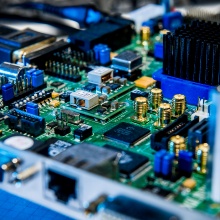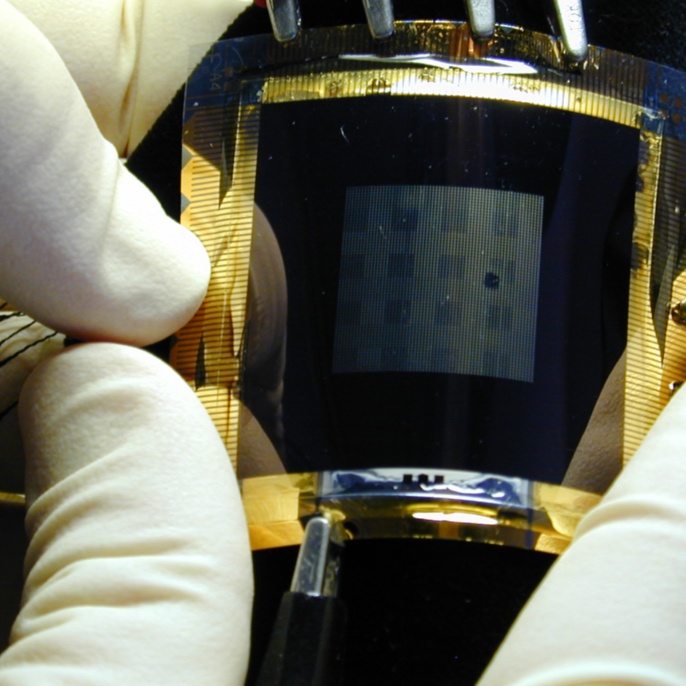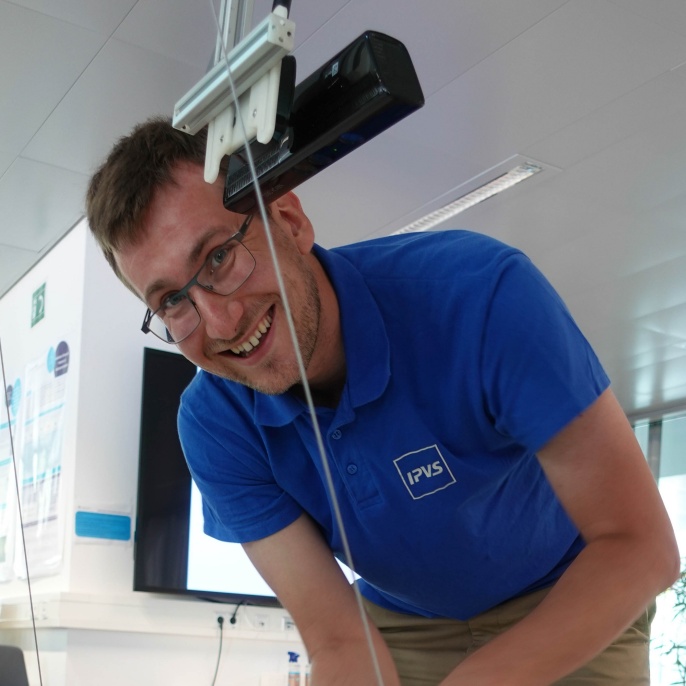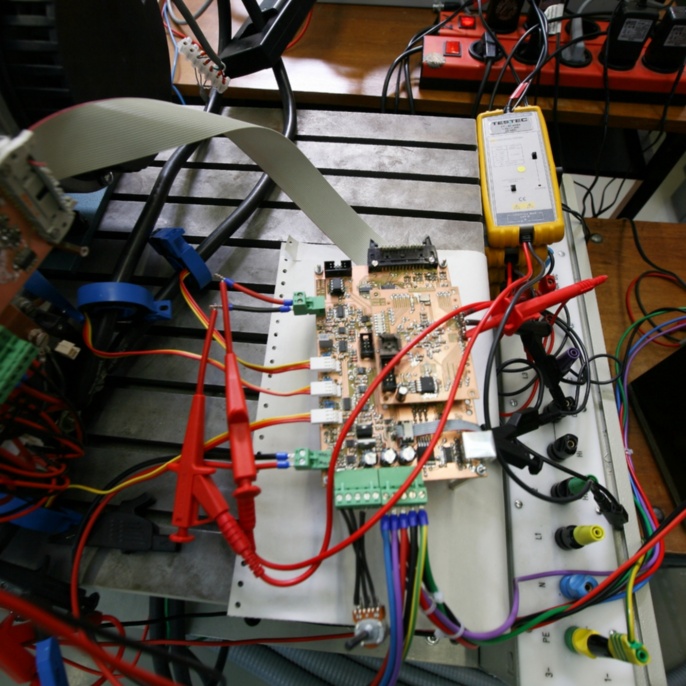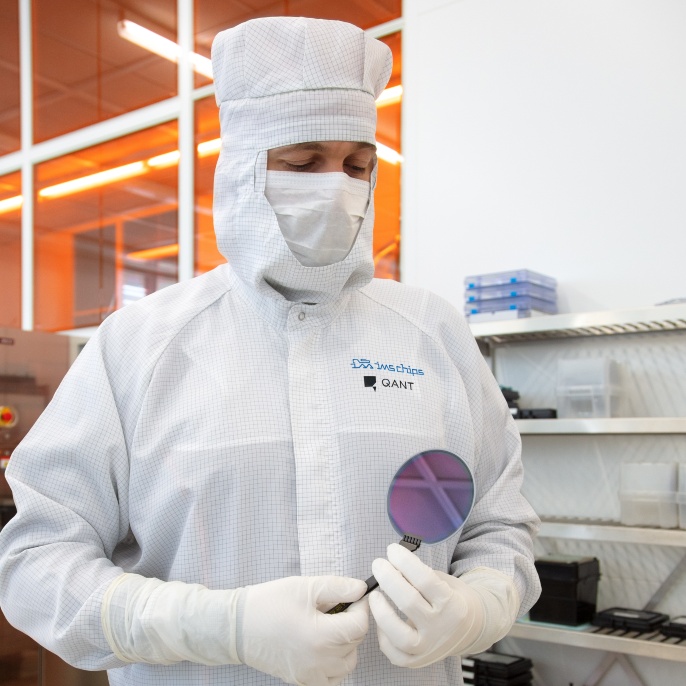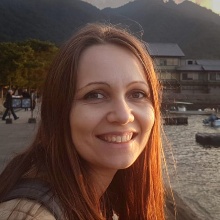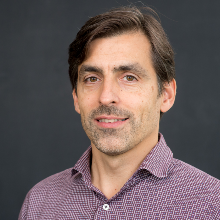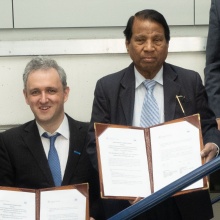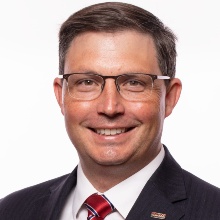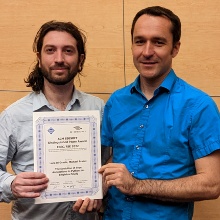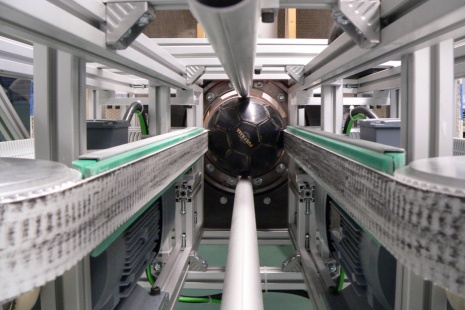Research work carried out by our scientists in Computer Science, Electrical Engineering and Information Technology often forms the basis for applications in other fields, as well. Hence, our top priority is to carry out research at the very highest academic level. This also influences our high-level study programs. Our main research areas are outlined below:
Information and communication technology
We aim to make communication systems more secure, faster and smarter: using on-the-fly wifi, for example. We are leveraging metadata management methodologies, AI and big data to generate ubiquitous and complex information systems and to solve big-data problems.
Autonomous systems and automation engineering
This field of research encompasses interacting robotic systems, autonomous control systems for automobiles, and coupled interactive systems. We develop reliable and fault-tolerant automation and software systems as well as components for micro electro mechanical systems (MEMS) for applications based on integrated sensor-signal processing and big-data analysis.
Simulation Technology
We develop robust simulation methodologies that are easy to operate based on efficient and highly parallel simulation algorithms, as well as the necessary software environments.
Micro-, opto- and power electronics
We are experts for power semiconductors and develop processes to build power-electronics systems that are more reliable and more energy efficient. We have expertise in nano and quantum electronics, in photonics and optoelectronics as well as in display technology.
Sustainable energy technology and electromobility
We study photovoltaics, starting with the manufacture of efficient solar panels, through the power grid up to the disposal of solar cells. Electromagnetic compatibility (EMC), concepts for smart grids and research into batteries, accumulators and charging concepts for electromobility are some of the other topics we investigate.
Language and knowledge processing
We carry out research into the automatic processing of human language to further linguistic human-system communication and to facilitate access to information and knowledge.
Our infrastructure and assets
Cutting-edge research needs cutting-edge infrastructure: the institutes at our faculty have the necessary equipment and facilities. In addition to a host of small labs and workshops for research and teaching, a number of other facilities are worth pointing out:
- three large clean rooms
- high-voltage lab and large high-voltage building with a great variety of test and measurement equipment and instrumentation
- machine shops
- acoustics lab: for research into acoustic signals
- anechoic rooms: for voice recording and analysis
- high-resolution 3D power wall: a projection screen that is unique across Europe: around 88 million pixels can be displayed on a surface measuring six by two meters.
- computer-science-hardware lab: for research into computer architectures and for student training
- robotics lab: for research into and motion learning and planning for robotic systems as well as human-machine interfaces (HMIs)
- main workshop concept
- antenna lab: for studying research antennas and electromagnetic waves


